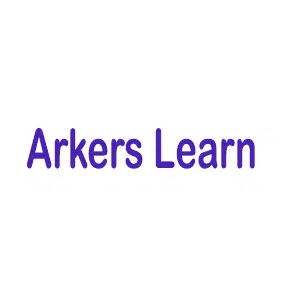
Modern Teaching Methodologies
Modern teaching methodologies refer to innovative and up-to-date approaches to education that aim to enhance student learning and engagement. These methodologies are based on the latest research in cognitive science and educational psychology, and include:
- Active Learning: Encouraging students to participate in class through hands-on activities, discussions, and group work.
- Project-based Learning: Having students work on real-world projects that apply what they have learned.
- Flipped Classroom: Reversing the traditional teaching approach by having students watch lectures at home and do homework in class.
- Differentiated Instruction: Tailoring teaching methods and materials to meet the individual needs of students.
- Technology-enhanced Learning: Using technology such as online resources, virtual reality, and artificial intelligence to enhance the learning experience.
These methodologies are not mutually exclusive and can be combined to create a personalized learning experience for students.
Modern teaching methodologies are generally considered to be effective in promoting student learning and engagement. These methodologies prioritize student-centered approaches, such as project-based learning, inquiry-based learning, and gamification, which allow students to actively participate in their own education. Additionally, the integration of technology in the classroom, such as using digital tools and resources, can enhance students’ problem-solving and critical-thinking skills. However, the effectiveness of a teaching methodology depends on various factors, such as the teacher’s implementation, the students’ prior knowledge and skill levels, and the goals and objectives of the curriculum.
While modern teaching methodologies have many benefits, there are also some potential disadvantages that should be considered:
- Cost: Implementing technology and digital resources in the classroom can be expensive and not all schools have the budget to fully integrate these resources.
- Teacher Training: Teachers may require training and support to effectively implement modern teaching methodologies, especially those that involve technology.
- Inequality: Not all students have equal access to technology and the internet, which can create an unequal learning environment.
- Technical Issues: Technical issues such as lack of connectivity, software malfunctions, and equipment failures can disrupt the learning process and create frustration for students and teachers.
- Limited Engagement: Some students may not be as engaged with technology-based learning and may prefer more traditional lecture-based teaching methods.
- Overreliance on Technology: A heavy reliance on technology can result in students becoming passive learners and not developing essential critical thinking and problem-solving skills.
It is important to consider the advantages and disadvantages of modern teaching methodologies and to find the right balance in their implementation to ensure that they are effective in promoting student learning.
Modern teaching methodologies are student-centered approaches that aim to enhance student engagement and learning. These methodologies often involve project-based learning, inquiry-based learning, gamification, and the integration of technology in the classroom. This allows students to actively participate in their own education and develop critical thinking, problem-solving, and technology skills. However, there are also potential disadvantages to modern teaching methodologies, such as cost, teacher training needs, inequality, and technical issues, that should be considered when implementing these methods in the classroom.



